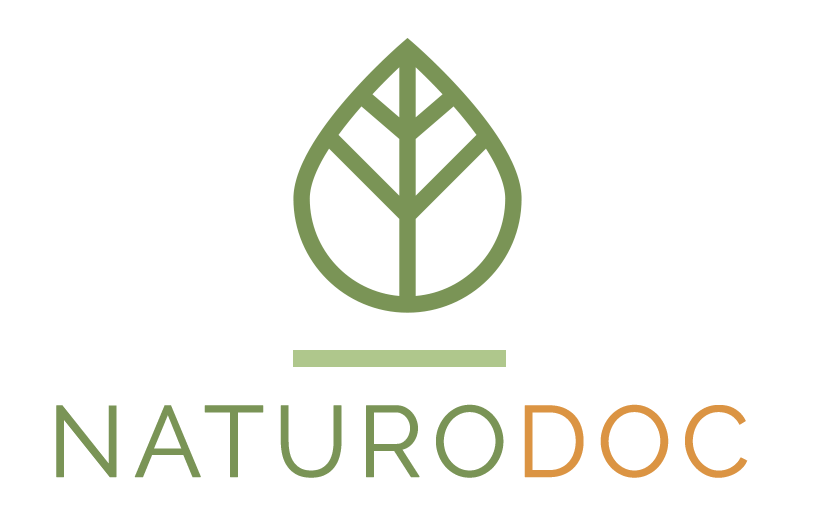The Hippocrates Diet
Food, according to the Webster’s Dictionary, is any substance that enables one to live and grow – anything that nourishes. Based on this definition, many items in the standard Western diet cannot really be considered food.
Years of scientific research have confirmed the fact that food, when subjected to chemical preservation methods and heated above 115°F, loses its enzymes and nutritional value. Worse still, it actively causes ill-health among its consumers.
Following World War II, the method by which food was manufactured for public consumption changed drastically. We entered into an era of modern farming techniques that included the use of pesticides, fertilizers, and genetic engineering to increase yields. The effect of this has been a gradual increase of such production methods until today. Before World War II, all food was organic. Today, one must search the aisles and read labels carefully to find organic items.
The Hippocrates Diet is a world-famous diet plan that utilizes uncooked foods, including sprouts and wheatgrass juice, to assist the healing process. This diet has proven helpful in cases of breast disease and other degenerative ailments. Below is a summary of its basic tenets.
Transitional Foods and Items to Avoid
Proteins
Fermented seed and nut sauces, yogurts, and cheeses; seed milks; sprouted seeds, beans, and nuts; avocados; green drinks
Slow-cooked beans and peas (soups); tofu; tempeh; fresh roasted nuts and nut butters; unsoaked nuts and seeds
Red meats; fish; poultry; battery farm eggs; pasteurized milk and cheeses; hydrolyzed vegetable proteins; luncheon meats; meat analogs
Carbohydrates
Grain crisps; sprouted grain breads, cereals, and warmed cereals; sprouted wheat loaves; grain milks; sprouted pie crusts; treats
Sourdough breads (no yeast); unleavened crackers; whole slow-cooked rice, wheat, millet, buckwheat, barley, oats, cornmeal, bulgur, rye; sprouted grain breads; natural granola
All yeasted breads and flour products; processed grains; white rice; noodles, pasta; granola with sugar; baked goods containing refined oils; sugar; refined flour; additives
Fats/Oils
Avocados; seed and nut cheeses; fresh raw nut butters in small amounts; vegetable and seed yogurt dressings
Small amounts of refined sesame or olive oil on salads; nut butters; sesame tahini
All oils except sesame and olive; commercial nut butters; peanuts; pasteurized butter or cream; all foods containing or cooked in oils
Vegetables
Uncooked sprouts and greens; organically grown; pickled with no salt; dried, blended into soups or sauces; juiced
Steamed (no oil); slow-baked; soups and stews; broth; en casserole; inorganically grown
Frozen; irradiated; canned; overcooked; cooked with sugar and/or salt; stale or wilted; pickled with salt
Fruits
Fresh raw, in sauces, soups, salads, shakes, milks, pies, dried, unsulfured, as snacks
Cooked fruits or cooked fruit desserts; baked apples; soaked and steamed dried fruits; steamed fruits; apple sauce
Canned or preserved with chemicals and added sugar; sulfured dried; unripe
Beverages
Rejuvelac; fresh fruit and vegetable juices; spring or distilled water; green drinks
Bottled natural fruit and vegetable juices; herb teas; natural carbonated drinks; grain coffee
Tap water; coffee; tea; soda; alcoholic drinks; artificially sweetened fruit drinks
Snacks
Vegetable sticks; fresh fruit; sprouted trail mix; grain crisps; fresh juice; dried fruit and nut candles; seed cheese on celery sticks
Rice cakes; natural granola; unleavened crackers; trail mix; rice sushi; baked apples; bottled juices; popcorn (no oil or butter); herb tea; grain coffee; rice syrup candy
Natural and unnatural junk food snacks; commercial “health” food snacks; soda; candies
Condiments
Raw unfiltered honey; bee pollen; fresh fruits; dried fruits; miso; tamari; veggie salt; kelp powder; sauerkraut; lemons, lemon juice; fresh and dried herbs
Pasteurized honey; maple syrup; barley malt; rice syrup; sorghum; cider vinegar; sea salt; garlic; onion; cayenne; chili spices; powdered vegetable enzymes; natural cooking wine
Products containing additives, including: sugar, molasses, cane syrup, dextrose (glucose), fructose, salt, iodized salt, vinegar, pepper, monosodium glutamate (MSG), oils, eggs, coloring, and preservatives.

